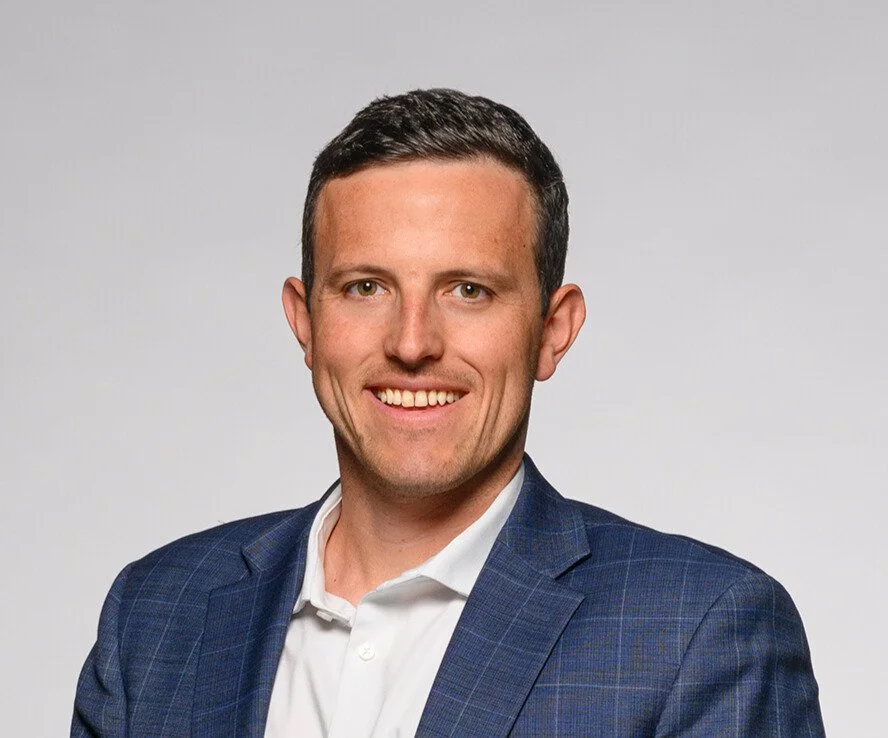From Reluctant to Passionate Supply Chain Leader
Eduardo Pedreira’s career path is a testament to the unexpected routes that can lead to extraordinary impact. Starting in R&D, Pedreira discovered his true calling in supply chain management, despite initial reluctance. Over the course of more than three decades, he has driven major operational changes, challenging common misconceptions—most notably, the myth that higher inventory always results in better service. His data-driven yet pragmatic leadership helped slash working capital and significantly improve service levels across multiple organizations.
Currently serving as President, Surface Sciences & CPO, Eduardo Pedreira drives innovation and efficiency through strategic sourcing and logistics management. His dedication to fostering continuous improvement is evident in his achievements, including accelerating category strategies and enhancing financial performance. Join us as Eduardo shares insights from his remarkable career and his commitment to delivering sustainable solutions.
Derek Lutz: How did you first get into supply chain? Was it something you always wanted?
Eduardo Pedreira: Actually, supply chain wasn’t on my radar at all. I started out in R&D, and honestly, I always thought I'd end up as an operations guy, maybe a VP of ops. I even told my boss back then that supply chain people didn't know what they were doing! He convinced me to try it out for a year and a half, and honestly, it turned out to be one of the best decisions I ever made. What started as a coincidence became something I truly enjoyed and stuck with for more than ten years.
Derek Lutz: When you landed in those early supply chain roles, what was something you saw that you just had to change?
Eduardo Pedreira: One of the things I saw again and again, everybody thought better service meant more inventory. I made it a point to show that you can have better working capital and better service. In one business, we went from a 60% service level and piles of slow-moving inventory to 90%, and we working capital went down by half a billion dollars. People often underestimate the power of actually challenging those assumptions.
Derek Lutz: What’s an example of a change you led that faced a lot of resistance?
Eduardo Pedreira: We had about 5,000 customers and treated them all the same. I pushed for real customer segmentation, serving top clients differently from smaller ones. It was tough; people thought we’d “destroy our business.” But it was the only way to serve our best customers right and be smart with resources. The pushback was fierce, but it made a real impact.
Derek Lutz: You’ve worked around the world. How has culture impacted your approach?
Eduardo Pedreira: Culture is huge. I’m Brazilian—very touchy, lots of hugging—and when I moved to the U.S., it was a shock. I had to learn to adapt and respect different working styles. But I love that. If you can mix the discipline from Asia, the creativity from Brazil, the entrepreneurial side from the U.S., and the European way of life, you get real magic. Building diverse teams is a must.
Derek Lutz: What are the latest “shiny toys” that other professionals need to know about?
Eduardo Pedreira: I’m careful with shiny toys. I recall when everyone believed blockchain would revolutionize supply chains forever. Now it’s all about AI. We do have some AI pilots, but my rule is: never go all in on something until you pilot it. I call it “one-door, two-door decisions”—do a trial so you can turn back if it doesn’t work. Don’t get sucked in just because a consultant is waving something new, process and clean data always come first.
Derek Lutz: Supply chain has been through a wild few years. How have you managed all the disruptions?
Eduardo Pedreira: The pace of disruption is insane. What used to happen once a year now happens every day. You can’t predict things like COVID or a Suez Canal blockage, but you can be prepared. We built processes to simulate things like tariffs fast. It’s all about being able to make decisions quickly with the right data. If you’re not ready for constant disruption, you’re not ready for this industry.
Derek Lutz: If you could start your career over, what would you do differently?
Eduardo Pedreira: Honestly, maybe I’d be a chef! But, seriously, I wouldn’t change the mentors I had. What I might do is try more industries or roles a little earlier to gain even more perspective. I always made sure to develop someone who could succeed me, and that opened up new opportunities. Supply chain gives you the best seat to see the whole business—even prepares you for CEO roles.
Derek Lutz: We’re seeing more supply chain leaders move into CEO roles. Does that resonate with you?
Eduardo Pedreira: Absolutely. The best business leaders that I know have strong operations and supply chain experience, working in procurement, know the ins and outs of purchasing and procuring, versus selling. So, understand both sides of a company. I think that's a great skill set for any CEO in the future.

